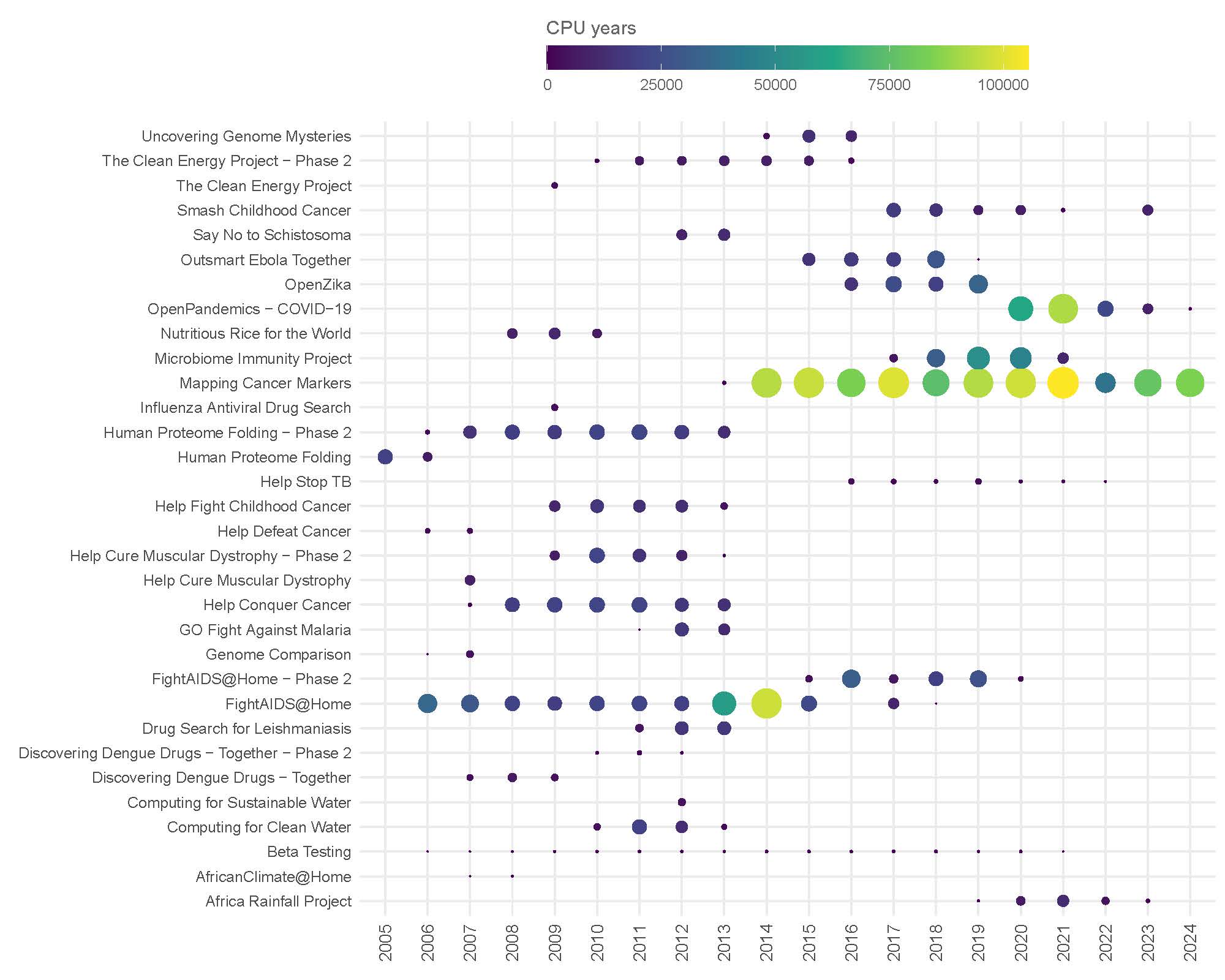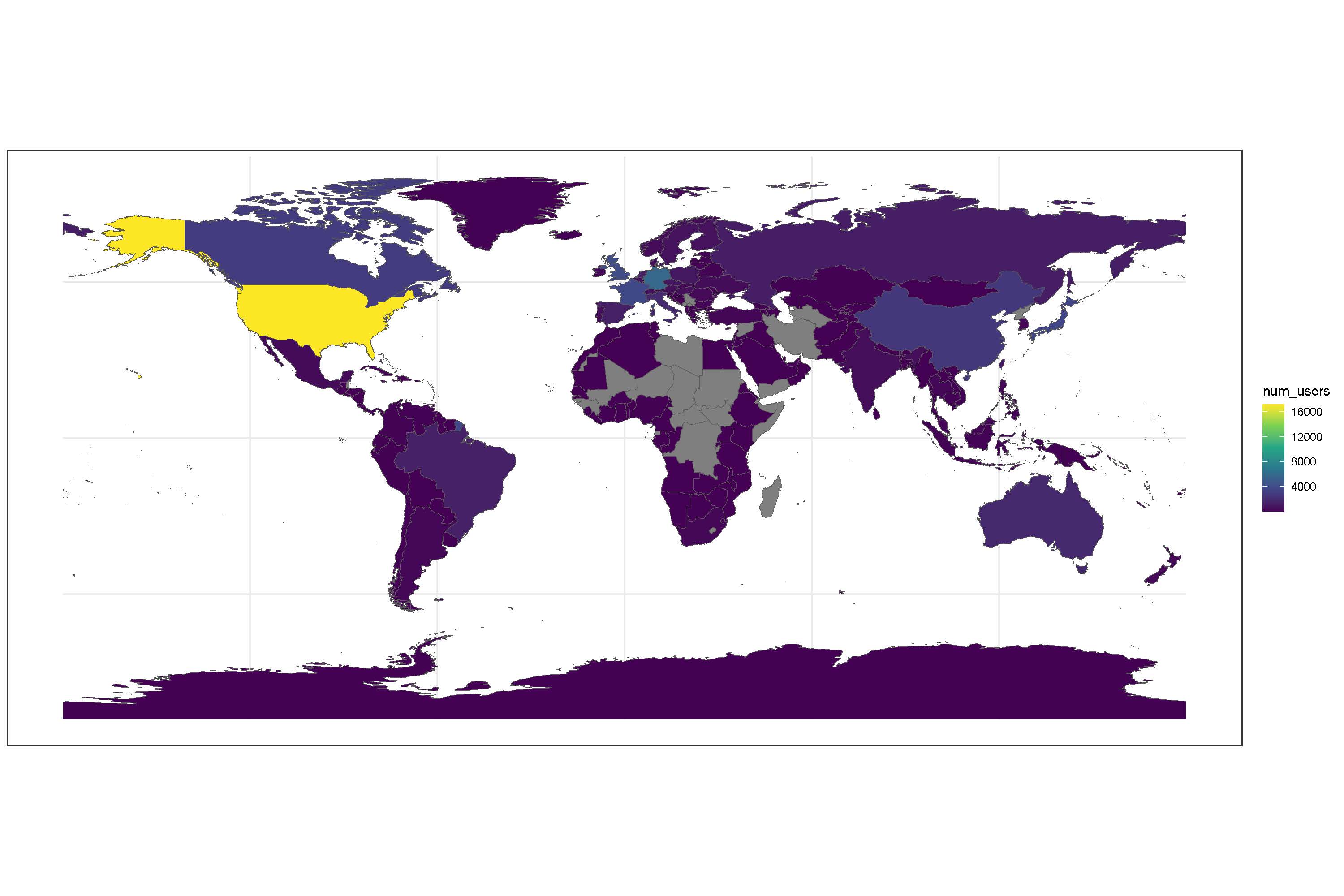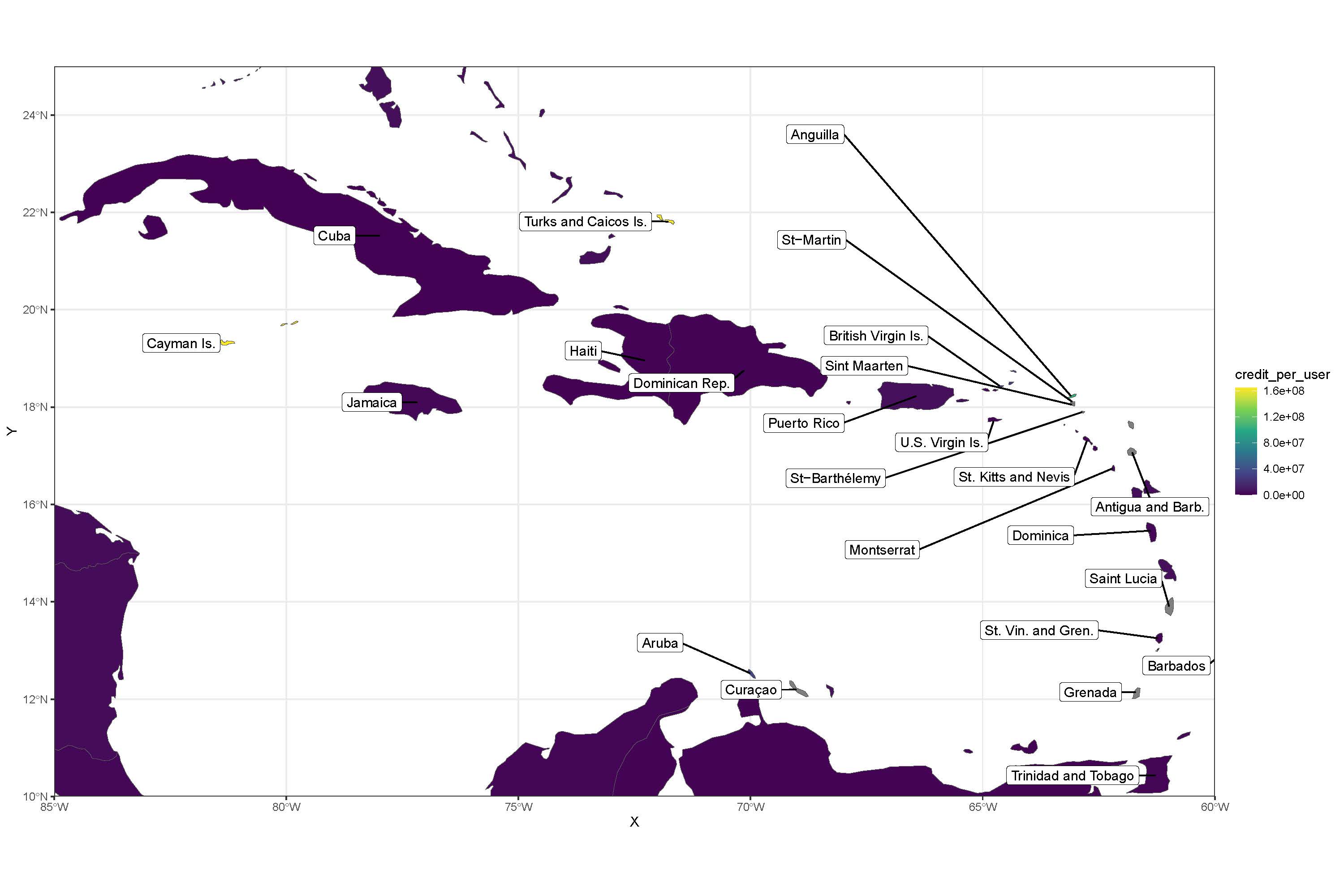This November, we celebrate the twentieth anniversary of the World Community Grid (WCG), an initiative that has harnessed the idle computing power of volunteers worldwide to advance critical scientific research.
Launched in 2004 by IBM, WCG began as an ambitious project to mobilise spare computer power toward tackling global challenges in health, poverty, and sustainability. Over the past two decades, it has made an immense impact, achieving millions of CPU-years of computation across diverse research projects benefiting humanity. Today, Jurisica Lab at Krembil Research Institute, part of the University Health Network (UHN), continues to drive WCG’s mission, furthering IBM’s legacy by expanding its reach and focus.
Why WCG?
Increasingly larger amounts of data are generated in laboratories worldwide across a wide variety of disciplines. To analyse these data, progressively more powerful (and expensive) computers are required, leading researchers to either find scalable solutions or alter the research questions that we can afford to answer. Grid computing provides a solution to many of these problems, as it divides the problem at hand into smaller tasks that are distributed across computers that are also continuously updated.
WCG operates at the intersection of citizen science, open data, and computational biology. It empowers individuals to contribute to cutting-edge research from their own homes or work, providing researchers with the computational power necessary to analyse enormous datasets and find answers to some of the most pressing questions that face humanity. This commitment to advancing scientific discovery has led to achievements previously unimaginable with conventional resources.
When?
As outlined in detail in our previous news article, World Community Grid went online in 2004 with a mission to tackle society’s challenges by harnessing the world’s spare computing power. IBM donated hardware, software, technical services and hosting support to create and run the World Community Grid. It was a first-of-its-kind philanthropic model using donated computer processing power from everyday people to solve many research questions across individual projects.
In September 2021, ownership of the World Community Grid was transferred to the Jurisica Lab at the Krembil Research Institute. While the transition has been long and the path a bit rough, the small research group that replaced the large corporate team did its best and continues to pour time and energy to continue the important legacy and support to research provided by WCG. Being part of Canada’s largest hospital-based research organisation, Jurisica Lab is set to leverage WCG’s infrastructure to accelerate discoveries in chronic disease, including cancer, arthritis and neurological disorders. Projects supported by WCG today are making strides in new areas including arthritis research, where computational power accelerates biomarker identification, and neurodegeneration where it focuses on new treatment strategies.
What?
The grid was inspired by early projects like the Smallpox Research Grid, which united over two million volunteers across 226 countries to process more than 35 million drug molecules for the U.S. Department of Defense. Through this effort, IBM and United Devices pioneered a model for global, crowdsourced research that has since evolved to address even broader societal challenges.
Since then, 32 projects benefitted from the support of the WCG volunteers. The fights against cancer, AIDS and COVID-19 were the ones with the strongest support by volunteers. All the researchers are very grateful for the extensive support provided to all these projects.
Several projects finished their first phase in 2024, including OPN1, HSTB and SCC, and moved to the validation stages. As of November 2024, Mapping Cancer Marker and African Rainfall Projects are the only active projects, but new ones are coming soon (stay tuned for news!)

Figure 1. CPU-years donated by volunteers per project per year.
Who?
Many volunteers joined the Grid over the 20 years. Amazingly, 364 volunteers have joined WCG by Nov 16th 2004 and remained as active contributors for 20 years, providing the foundation for the overall 814,834 volunteers with 7,689,637 devices.
Notable organisations signed up at the beginning as well, including the National Institutes of Health, the Mayo Clinic, Oxford University, the Doris Duke Charitable Foundation, the Market Foundation, the World Health Organization and the United Nations Development Programme. The Reuben H. Fleet Science Center, a popular San Diego attraction, was the first cultural institution to join the World Community Grid. World Community Grid also tapped the US Tennis Association during the 2005 US Open.
As of November 2024, the members collectively contributed 2,618,517 years of computing, and 31 volunteers gained more than 1 billion credits. Thank you.
Where?
WCG volunteers come from around the world, as shown in Figure 2. While the United States includes the largest number of volunteers, several countries in Europe and Asia include thousands of volunteers.

Figure 2. Number of volunteers per country, as self-declared.
While some countries have only a few volunteers, some of them donate huge amounts of computation per volunteer. The top 3 countries in this case are Cayman Islands, with 3 users providing more than 164 million credits per volunteer on average; Turks And Caicos Islands, with only 1 volunteer donating more than 161 million credits by themselves!; and Anguilla with 4 volunteers providing more than 103 million credits per volunteer on average. What an example of dedication!
Figure 3 highlights a map centred on the 3 countries named above, and the average number of credits per volunteer in the countries present in the map.

Figure 3. Exert of the world map showing the top countries by average number of credits per volunteer.
Thank you to all the volunteers that contributed and supported the WCG. It would not have been possible without all of you!